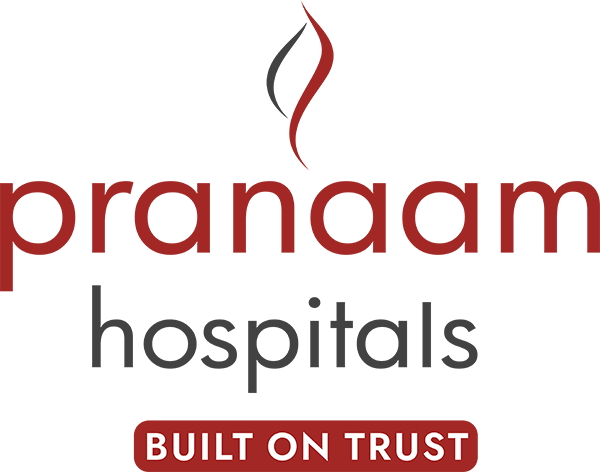Beginning the life-changing journey of pregnancy brings with it many different types of physiological and psychological shifts, particularly during the first trimester. In order to ensure the best possible development for the developing foetus and the overall comfort of the expectant mother, this critical time requires increased attention to health and well-being.
Early Prenatal Care: Initiating prenatal care early in the first trimester is paramount. Schedule your first prenatal appointment to establish a relationship with your healthcare provider, discuss your medical history, and create a personalized care plan.
Nutritional Foundations: Prioritize a well-balanced diet rich in essential nutrients. Include a variety of fruits, vegetables, whole grains, lean proteins, and dairy products.
Integrate prenatal vitamins into your daily routine, focusing on those containing folic acid to support the early stages of fetal development, including neural tube formation.
Hydration Habits: Adequate hydration is crucial during pregnancy. Drink plenty of water to support the increased blood volume necessary for a healthy pregnancy.
Navigating Nausea: Many women experience morning sickness during the first trimester. To manage nausea, opt for smaller, more frequent meals throughout the day. Ginger, either in tea or as a supplement, has been found to be effective in alleviating nausea.
Restful Rejuvenation: Prioritize sufficient sleep and rest. The first trimester often brings increased fatigue, making it crucial to listen to your body and rest when needed.
Steering Clear of Harmful Substances: Eliminate substances harmful to the developing fetus, including alcohol, smoking, and recreational drugs. Limit caffeine intake, choosing decaffeinated alternatives when possible.
Gentle Exercise Routine: Engage in light to moderate exercise with your healthcare provider’s approval. Activities such as walking, swimming, or prenatal yoga can promote overall well-being.
Education and Awareness: Empower yourself with knowledge about the changes happening to your body and the developmental milestones during the first trimester. Attend prenatal classes or workshops to gain insights into labor, delivery, and postpartum care.
Oral Health Prioritization: Maintain excellent oral hygiene practices, including regular dental check-ups.
Inform your dentist about your pregnancy during appointments to ensure appropriate care.
Minimize Environmental Risks: Be cautious about exposure to potentially harmful chemicals, such as certain cleaning products and pesticides. Consult your healthcare provider if your workplace poses any risks to your pregnancy.
Weight Management: Manage your weight by keeping track of gains within the recommended range. Excessive weight gain may lead to complications. Consult your healthcare provider for advice on adopting a healthy approach to weight management throughout your pregnancy.
Emotional Well-being: Prioritize your emotional well-being by enveloping yourself in a supportive network of family and friends. Integrate stress-relief techniques into your daily routine, including practices like deep breathing exercises or engaging in prenatal yoga.
The initial trimester lays the foundation for a robust and flourishing pregnancy. Embracing these all-encompassing health care suggestions empowers you to confidently navigate the early phases of this remarkable journey. Keep in mind that individual experiences may differ, so continuous communication with your healthcare provider guarantees that your unique requirements are met.
Also Read: Do you know which foods are improve heart health?
Precautions to take right away following bike accidents


